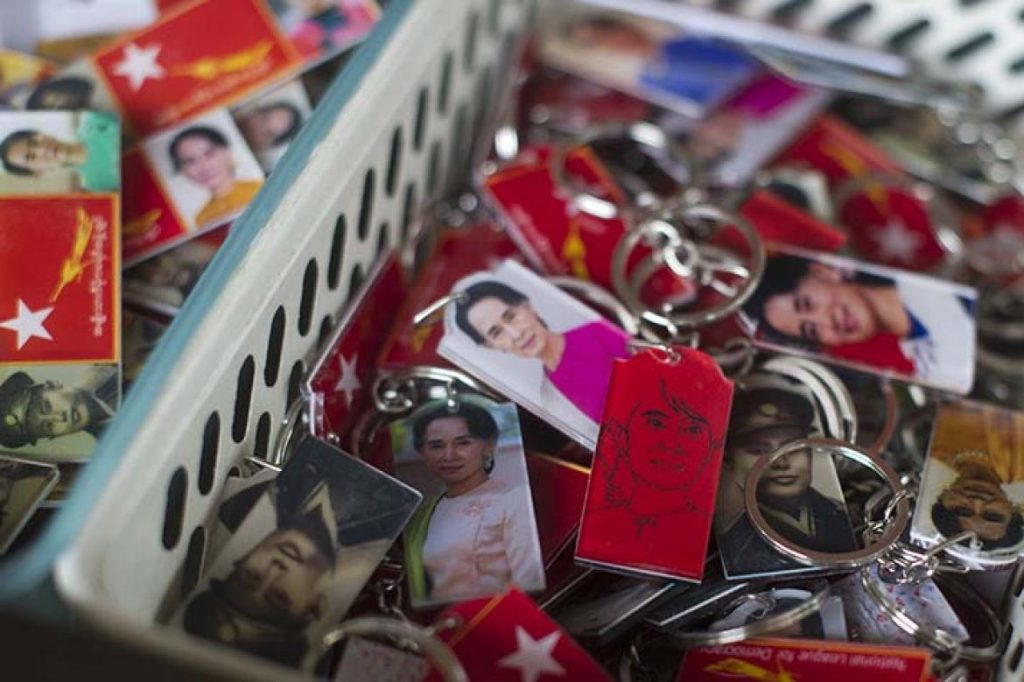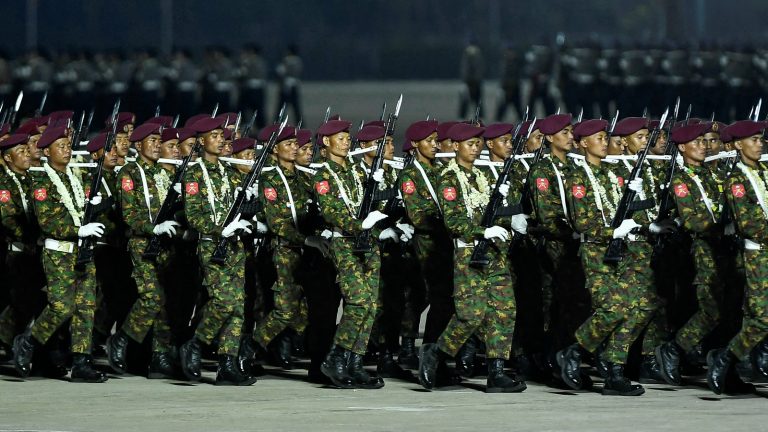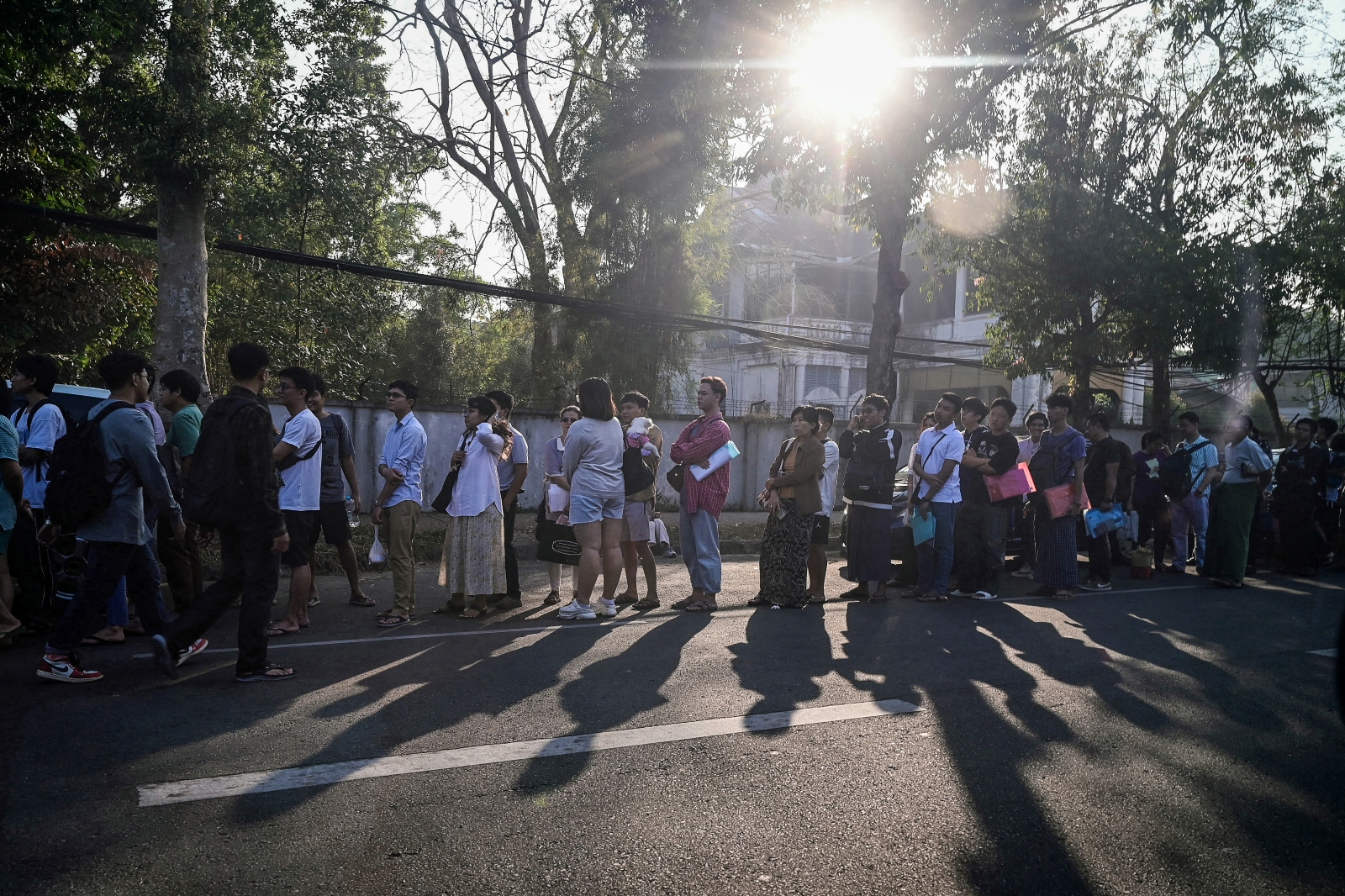It’s official, but it’s hardly a move nobody saw coming. Last Thursday, Myanmar’s parliament voted against amending the Constitution in the run-up to November’s planned polls. Although her chances were already slim, it is now certain that National League for Democracy leader Daw Aung San Suu Kyi will remain ineligible to contest the presidency. Thus far, Myanmar’s military-backed establishment has articulated, very clearly, what it does not want her role to be in Myanmar’s political future. The thorny question for them, then, is where she will fit.
If the elections go ahead as planned, and if they are free and fair, NLD is almost certain to sweep the polls. Appointed military MPs will retain 25 percent of the seats in both the upper and lower houses of parliament, and will retain effective veto power over legislation.
Since 2011, two figures have dominated Myanmar’s civilianised political space: parliamentary speaker Thura U Shwe Mann and President U Thein Sein. Although tensions between them have been piqued at times, both are established members of the military-derived order, and they have, by and large, worked with the military to further a cogent agenda.
If the NLD wins a plurality of seats, the existing balance of power between the legislative and executive branches will be thrown off-kilter. A likely result will be a further shift towards executive power, concentrating real power in the hands of a military-friendly presidential candidate.
In March, U Thein Sein announced the appointment of permanent secretaries to overhaul various ministries and streamline the process of formulating public policy. While administrative reform is badly needed, the fact that these critical figures were chosen by presidential decree – instead of through a consultative process with parliament – may portend the trajectory of future reforms after the elections.
Support more independent journalism like this. Sign up to be a Frontier member.
Myanmar’s single most powerful executive body is probably the National Defence and Security Council, formed in 2011, which is the most significant formal interface for Thura U Shwe Mann and U Thein Sein to triangulate policy with the military. So long as these power structures are unchallenged by a military that appears unwilling to loosen its grip, the role of parliament as a real power broker is likely to diminish after the elections.
The NLD is unlikely to be able to field a presidential candidate that will pass muster with the military. Daw Aung San Suu Kyi and Thura U Shwe Mann have grown increasingly close during the past two years, fuelling speculation that the NLD will back him for the presidency after the elections.
Because cutting Daw Aung San Suu Kyi out of power entirely makes for bad politics, particularly if the NLD does well in the election, it’s possible she will be given Thura U Shwe Mann’s old job as house speaker. But if Myanmar’s political pendulum swings towards executive privilege, her leverage over the future of the reform process will be limited. And as the results of last Thursday’s parliamentary vote show, that’s precisely what the military wants.







